Paul Whetsell: Loews’ New Heights
Longtime hotelier Paul Whetsell joined Loews Hotels in January, replacing retiring president & CEO Jack Adler. Whetsell spoke with CPE editorial director Suzann D. Silverman about his plans for expanding the traditionally smaller, high-end Loews hotel portfolio.
 Paul Whetsell Has Big Expansion Plans for High-End Hotel Company
Paul Whetsell Has Big Expansion Plans for High-End Hotel Company
Longtime hotelier Paul Whetsell joined Loews Hotels in January, replacing retiring president & CEO Jack Adler. Whetsell entered the hotel industry out of college and founded CapStar Hotel Co. in 1987, serving as chairman & CEO of the company, which became Meristar Hospitality Corp., until its sale in 2006 and of the spun-off Interstate Hotels & Resorts until 2009. Most recently, he was on the board of the newly launched Virgin Hotels. Whetsell spoke with CPE editorial director Suzann D. Silverman about his plans for expanding the traditionally smaller, high-end Loews hotel portfolio.
Q. Your Web site lists quite a number of target markets for expansion. Loews has always had a small, high-end portfolio. How much growth are you planning and how quickly are you planning for it to occur?
A. We’re planning to be very, very active right away, primarily in the acquisition of existing hotels, although we will look, in certain cases, at developing properties ourselves. I’m more interested in filling in what I call the distribution gaps we have than I am the number of properties. We’re not in some major markets, and then we’re not in some secondary markets that we want to put a Loews property in to not only improve our distribution but expand our customer base. Those markets are Boston, Washington, Chicago, San Francisco and L.A. on the major side. The secondary markets would be markets like Seattle, Portland, Dallas, Houston, Kansas City, St. Louis, Minneapolis, Charlotte, Baltimore—those kind of markets where we think they can support a Loews property. And then, clearly, along the way, we’re going to have to expand outside North America because so many of our property feeder markets are coming from Europe and Asia. But right now, my primary focus is on North America.
Q. Is this a new strategy? Did it coincide with your coming on board? Or is this something that Loews has been planning for awhile?
A. Loews has always wanted to grow. … I have a background in both operations and growing companies, and so I bring in probably a different focus on what we need to do and how we need to do it. But the overall objective is the same: It is to create more enterprise value in the Loews hotels. To do that, we need to add to the number of hotels that we have. So I think it’s consistent with what Loews wanted to do—that’s why I’m here. If it wasn’t consistent, I wouldn’t be here.
Q. How big do you plan to make the company?
A. We’re not limited in the way we grow. We can acquire one hotel at a time. We can build one hotel at a time. We can buy portfolios. We can buy companies. I would dare say that Loews, which has been generally in the 15 to 20 hotel range for the last 10 to 15 years, is going to break into a different level. And I would be deeply disappointed in my midterm game plan if we don’t double the size of this company.
Q. Is the Loews brand changing in any other ways? Are you introducing any other new strategies?
A. Loews in recent years has been very, very focused on almost exclusively one type of property, and that has been more of the group houses—properties that get a majority of their business from the group market segment. I am very focused on adding to that with the corporate transient traveler. So while today I think Loews is one of the top choices of the meeting planners for their group meetings, I want Loews to be the hotel choice for the corporate traveler, and that’s going to require some product changes and some offering changes and opens up a new line for growth as well and new types of properties that we can grow into.
Q. Is there anything specific you can point to?
A. I can’t give you a specific example, but I can tell you this: The last hotel that we opened last year was the Atlanta property (the Loews Atlanta Hotel, pictured above), around 480 rooms and it’s got 40,000 square feet of meeting space. That’s fairly typical of what Loews has looked at in the past. I won’t tell you exactly where it is, but we’re looking at a hotel right now that’s got 250 rooms, probably is only going to have about 5,000 square feet of meeting space, probably won’t get more than 10 or 15 percent of their business through the group. The rest will come from corporate and leisure transient. So that’s a little bit of a change in strategy of the types of properties that we’re looking at.
Q. Now, how do you anticipate shaping your strategy to prepare for the market’s next stage? Or how much of the changes you’re making are really positioning yourself for the market’s next stage as the economy emerges from recession?
A. No. 1, I do think that the hotel industry’s going to have a good two or three years here, and I think the fundamentals are all pointed in that direction. We had a very good year industrywide in 2011. I think 2012’s going to be a little bit better than what the industry forecasters are projecting right now. I think you’ll see that in the first quarter. I think the results coming out of the public companies will be a little bit better than anticipated. So I think we’re in for a pretty good run over the next two to three years, absent an external event.
I think the fundamentals will be wind at our back, and it’ll give us an opportunity to see some opportunities that we haven’t seen in the past as sellers realize they’re going into a good market and they’re selling into that good market. I think that the opportunities will become increasingly available, and we will be able to perform with the hotels that we get because the fundamentals are working in our favor.
Q. Do you see the hotel business changing in any significant ways, whether as a result of the recession or just evolution?
A. I think probably the biggest thing that’s happening in our industry—and I talk about the U.S. industry—is the focus on the international market. I mean, the industry’s truly becoming global and you’ve got to put your head in the sand not to recognize that. And that doesn’t necessarily mean that you have to have hotels in the international market, but your market is coming from all over the world, and it’s being influenced by the world. …
I think our industry’s becoming much more sophisticated in how they’re attracting business and the methods by which people do it are changing. I think that certainly over the last five years you’ve seen e-commerce become a much more important component of what we’re trying to do. And we’re right in the throes of social networking and media being an important component for influencing decisions on hotels. These are all changes and they’re going to have a dramatic impact on us going forward.
Q. Could you talk a little more specifically about how you’re drawing on your experience with the CapStar/Meristar and Interstate brands in making your plans for Loews?
A. Loews is a branded operating company, so that’s a little bit different, whereas in Interstate and Meristar we operated under other brands. … But the basic fundamentals of running the hotels are the same. And the growth patterns are pretty much the same. You identify what type of properties you’re interested in acquiring or building, and that’s where you focus your attention. I think what’s important is that I know the markets. I know the lenders and I know the private equity and the capital and how to attract capital.
We’re fortunate we have a very strong parent, but the best strategy for a branded operating company is to bring in partners with them when we’re acquiring (hotels), and that’s been my past experience. I’ve done that privately and I’ve done it publicly. And fortunately, with Loews, I’ve got availability of both. We can go after private, and the Loews Corp. as a public company has access to capital in a different way. So we’ve got the best of both worlds here.
Q. Are you able to draw on the time you spent with the Virgin Hotels business, as well?
A. I think the interesting thing about lifestyle companies is, because they don’t have typically big reservation distribution networks backing them, they spend more time trying to figure out what the customer really wants and trying to give them that rather than standardization. If you are Marriott and you’ve got Courtyard, you’ve got 1,500 Courtyards that basically look exactly alike, and it’s one message to your traveler: “This is what you’re going to get. This is the service level you’re going to get. This is the product you’re going to get.” Whereas the lifestyle companies like Virgin, they spend much more time trying to figure out what I’ll call a little bit newer, more aggressive traveler is looking for and trying to accommodate them. So that’s something I take away from Virgin is the focus on the consumer and listening to what the consumer wants rather than (offering) a standardized product and saying, “Mr. Consumer, here’s what I deliver. If you don’t like that, go someplace else.”
Q. Do you see that influencing what you do with Loews?
A. From the standpoint that Loews is right now a relatively small company, 17 hotels, we can kind of do a little bit of both. We can give some standardized type of product and offering, but for the most part we’re sort of what we call “uniquely local,” and much more focused on providing a specific type of offering for our customers, with the gel that holds all that together being a superior guest experience.
Q. Do you have any plans for strategic changes or upgrades to your existing portfolio?
A. We own nine of our 17 hotels, and we’re venture partners—50/50 joint venture partners—in four others. So when you look at that, we are reinvesting a tremendous amount of capital right now back into our properties. When 2008, 2009 hit—the recession hit—everybody pulled in their reins and reduced CapEx spending, reduced R&D and things of that nature. In our case, we reduced our CapEx spending, and we’re doing a little catch-up right now. We’re investing very, very heavily into our existing properties today. And we’re also investing pretty heavily in technology today.
Q. How do you feel hotel companies as a whole have responded to the recent recession and the economic cycle compared to the past?
A. Very well, for a couple of reasons. One, the industry was not as leveraged as it’s been in the past. It was a little bit of an issue right at the end of the uptick where there was a lot of debt floating around, but you haven’t seen any significant bankruptcy—there’s a lot of workouts that are going on, but that has basically happened because no one anticipated the downturn in demand to be as dramatic as it was. You’re seeing the industry smarter about how they react. They’re reacting very, very quickly: reducing cost, reducing their overall cost centers, and the brands (are) easing up, relaxing some brand standards to allow the properties to get through this period of time. And then, when business picks back up like it is now, that’s when you see the CapEx coming back. We’re a much smarter industry about how we deal with downturns.
The other big fundamental change is while there may have been a slight amount of overleveraging of certain properties, there wasn’t overbuilding that happened. We haven’t really faced any significant supply problems since the beginning of this century, and that’s a real change in our industry because that’s the killer. And even going forward, we don’t see any significant supply issues. So that makes it a little easier if you do find yourself with a little bit heavier debt load than you would like. The lenders have been smarter, working with good operators and good owners to work through it rather than stepping in and forcing their way.
From an acquisition standpoint, I wouldn’t have minded seeing the lenders step in a little bit more and give us an opportunity to buy things at a deeper discount, but that didn’t happen. I think everybody got smarter. We know how to get through these kind of periods of time. And as a result, you don’t see the upheaval in the industry. A lot of that is due to the fact that demand comes back faster than you can absorb supply. When you have to absorb supply, it takes years. Demand can come back fairly quickly.

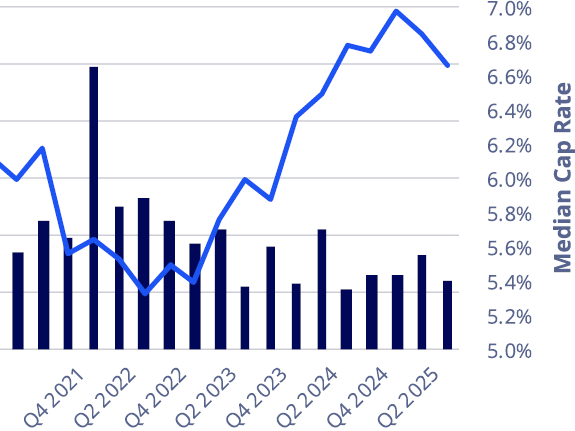
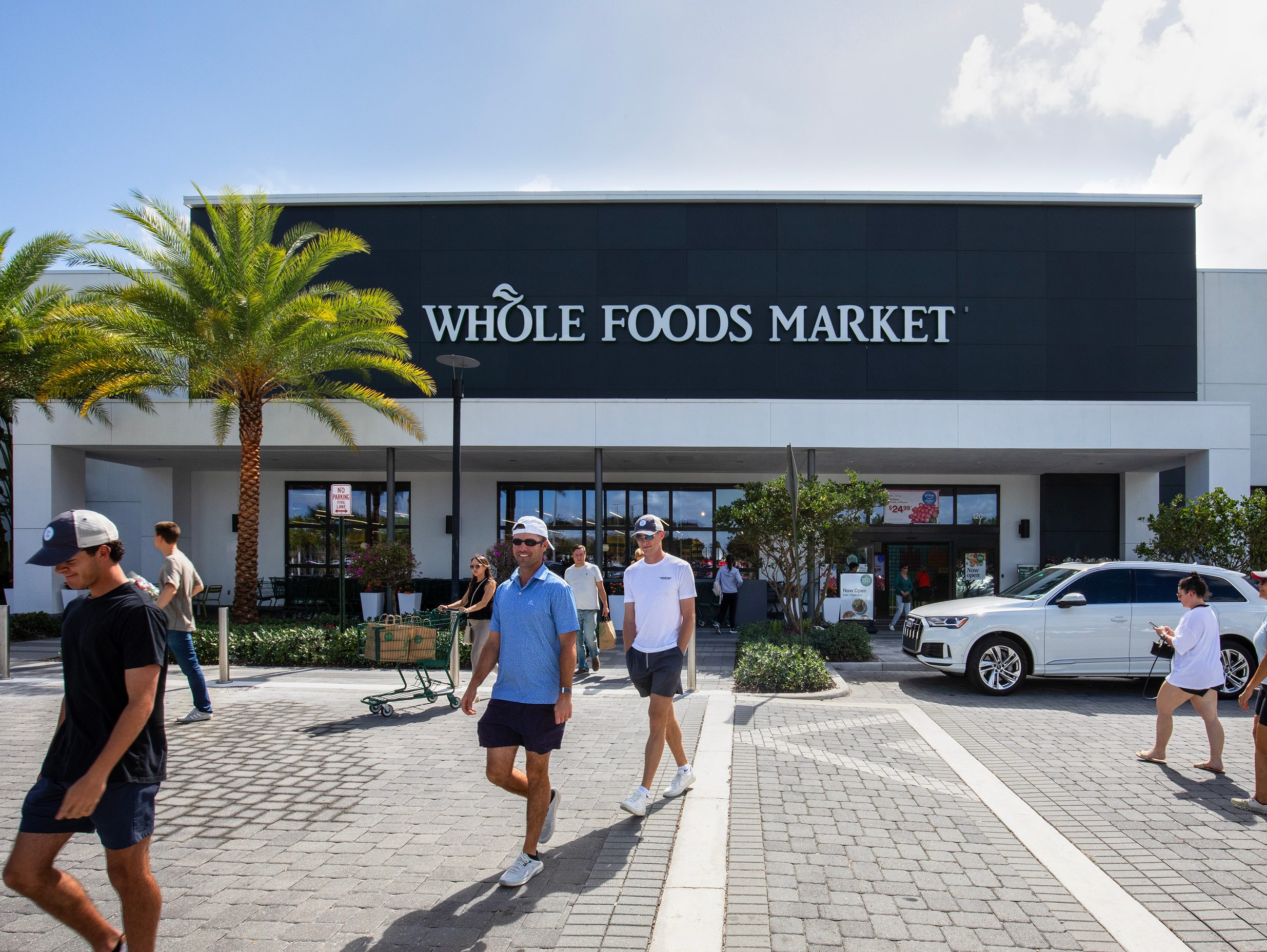
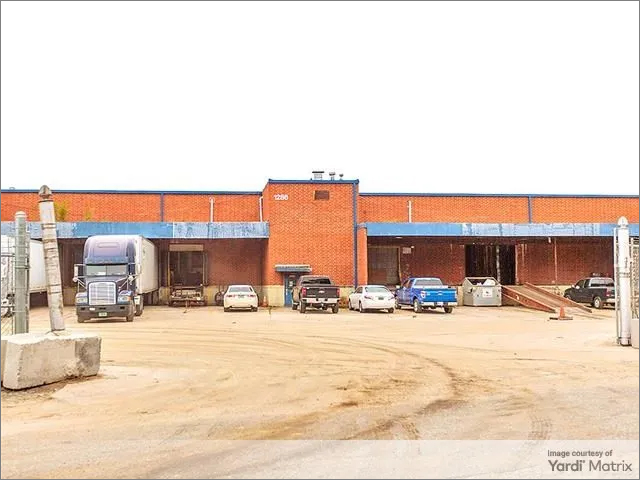

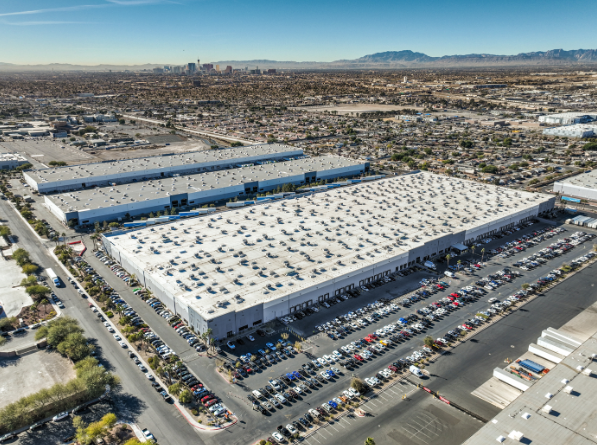
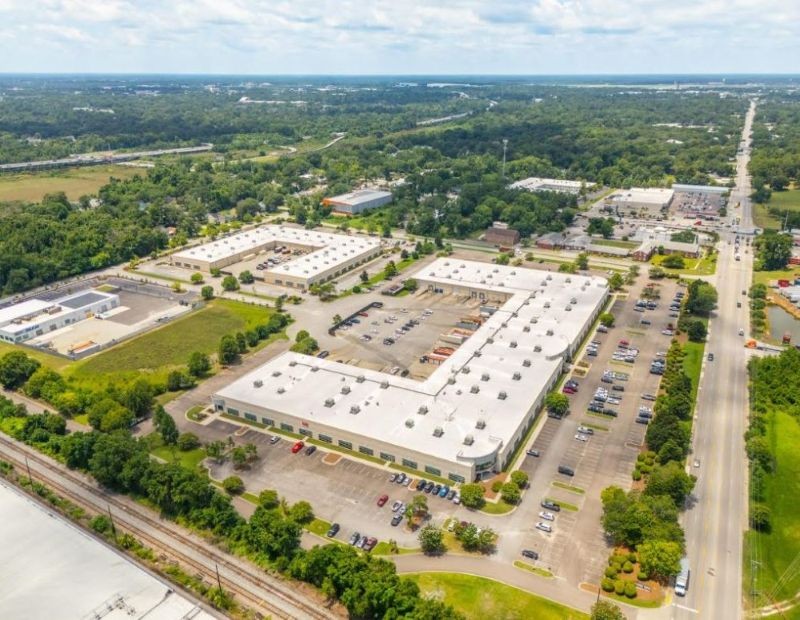
You must be logged in to post a comment.